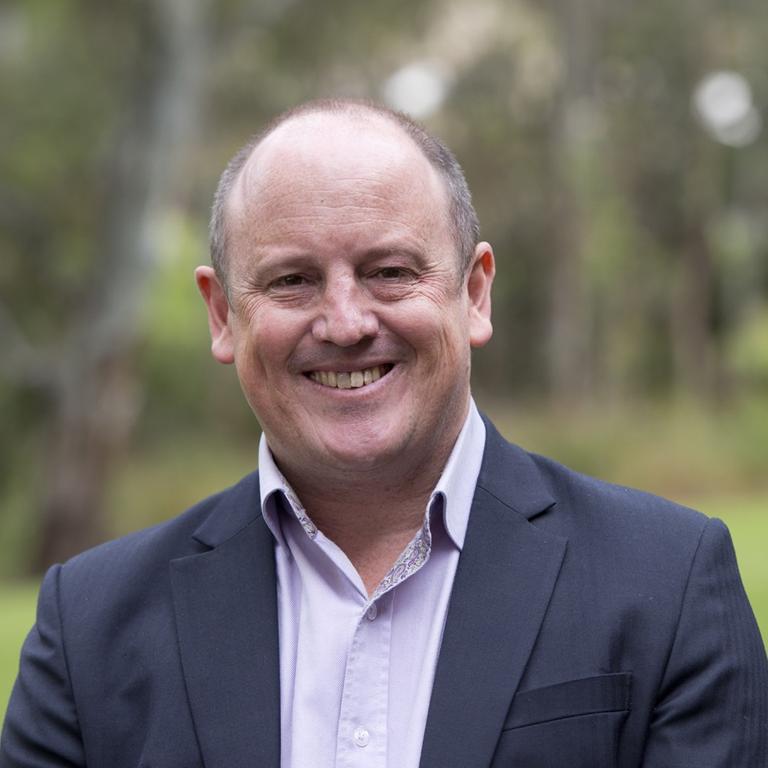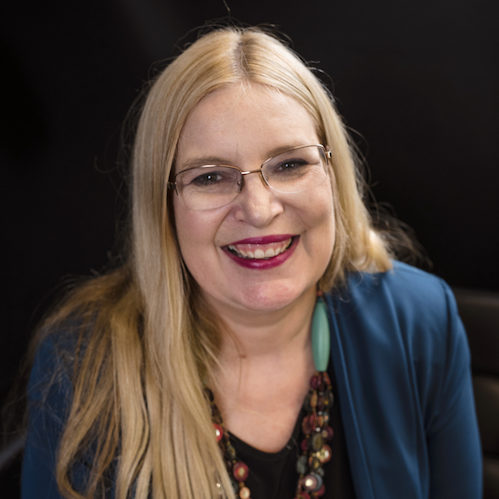Makers Empire is excited to be partnering with UniSA Education Futures at University of South Australia on an innovative research project to measure the impact that 3D learning experiences have on the development of students’ spatial skills and dispositions for STEM learning.
Recent research has highlighted the important role that spatial reasoning skills contribute to future success in STEM learning, and STEM based careers. There is also evidence that spatial skills are malleable and can be improved with practice, particularly at a young age.
3D modelling is widely accepted as a great way to improve students’ spatial skills and engage them in spatial reasoning. At Makers Empire, we love the regular reports we hear from teachers about the improvements they have noticed in their students’ spatial skills after using Makers Empire.
For example, Megan Koop, a classroom teacher at Blakeview Primary School told us that by creating nature play equipment in Makers Empire,
“Students developed their spatial awareness through the ability to transfer and manipulate their 2D design plans and reproduce them into 3D design models. They needed to be able to visualise and manipulate shapes, rotate viewpoints, change sizing scales and consider the positioning.”
The students’ 3D designs were firstly 3D printed and then recreated, built and installed at the school!
Until recently, it has been difficult to measure and track the spatial skills of younger students, as most tools have been designed for senior secondary, and university level students.
However, a tool recently developed and validated by the University of Canberra has been designed for measuring the spatial ability of middle school students (11-13 years old). The Spatial Reasoning Instrument (SRI) measures three main spatial elements: mental rotation, spatial orientation, and spatial visualisation and is aligned to the type of spatial manoeuvres and task representations that middle-school students may encounter in mathematics and Science, Technology, Engineering and Mathematics (STEM)-related subjects.
The SRI will be used in the UniSA Education Futures at University of South Australia research project to investigate the impact of Makers Empire program on the spatial reasoning skills of school students and dispositions for STEM learning. It is anticipated that this research will be completed by the end of 2021 and that the results may be presented at conferences or written up in journals (without any identifying information).





